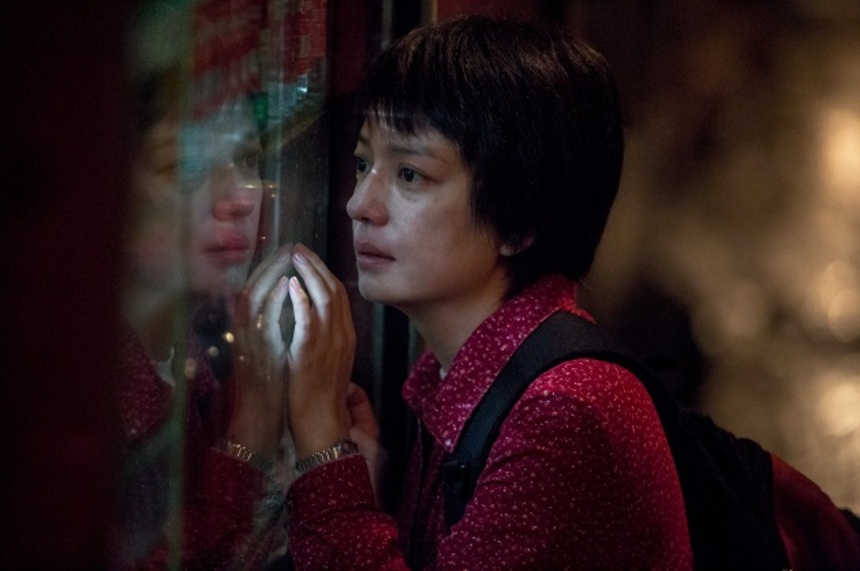Busan 2014 Review: Peter Chan's DEAREST Devastates

Months and eventually years pass as Tian's guilt and sorrow forces him to relentlessly search for his son, all the while receiving dodgy anonymous tips and attempted scams. After Tian is almost murdered for his reward money he begins to lose hope and joins a missing child support group. From here, he and his wife begin to feel the sociological and societal impact this terrible phenomenon is having on China, as the brutal realities of child abduction and the tragic common nature of it becomes a fully realized fact. Eventually something happens that not only enhances the misery and drama of the couple's lives, but becomes a far-reaching statement of China's class system altogether, particularly when simple farm girl Li Hongqin (Zhao Wei) becomes implicated.
Admittedly I completely lost it during the screening of the film; more than tugging at your heart strings, Dearest deftly reveals how tragic this tale is through its twists and turns and ambitious scope. It is hard not to feel affected, not only for the story but for humanities sake in general. Chan does nothing in half-measures, his films are meticulously crafted with pin-point focus and you can feel his skilled hand guide all the elements in this utterly sorrow-filled tale. Far from cliché or manipulation, Chan shows the reality of this disgusting crime from a sensible point of view, never exploiting this topic but masterfully showing the devastating repercussions through the various people affected.
The shift in focusing on Zhao Wei's character is a masterstroke that opens the film up to interpretation far beyond black and white. If child abduction is a heinous crime, how are the criminals presented? We get a glimpse of the non-empathetic, thoroughly chilling offenders, but we are also treated to the innocent and naive caught in the web, and their reasoning's are far less sinister than one can imagine. Chan knows this and plays with our expectations, never manipulating but transgressing the melodrama and tragedy we come to expect from such a film.
The cast is exceptional, but Huang Bo who has a background in comedy stands out as the utterly destroyed and emotionally traumatized father; he is still recognizable for his goofy demeanor but at the same time, he never hides his broken turmoil.
Dearest rocks you to the core, it is such a tragic and involved drama and its leanings towards societal critique and sociological status and scope ensures its smart telling of the story will stay with you for a long time to come. Chan particularly cements proceedings with the ending; easily the most heartrending cinema experience in years. Like half of the audience around me, the tears did not stop. Dearest is an utterly cathartic and unforgettable cannot-miss ordeal.

Do you feel this content is inappropriate or infringes upon your rights? Click here to report it, or see our DMCA policy.






